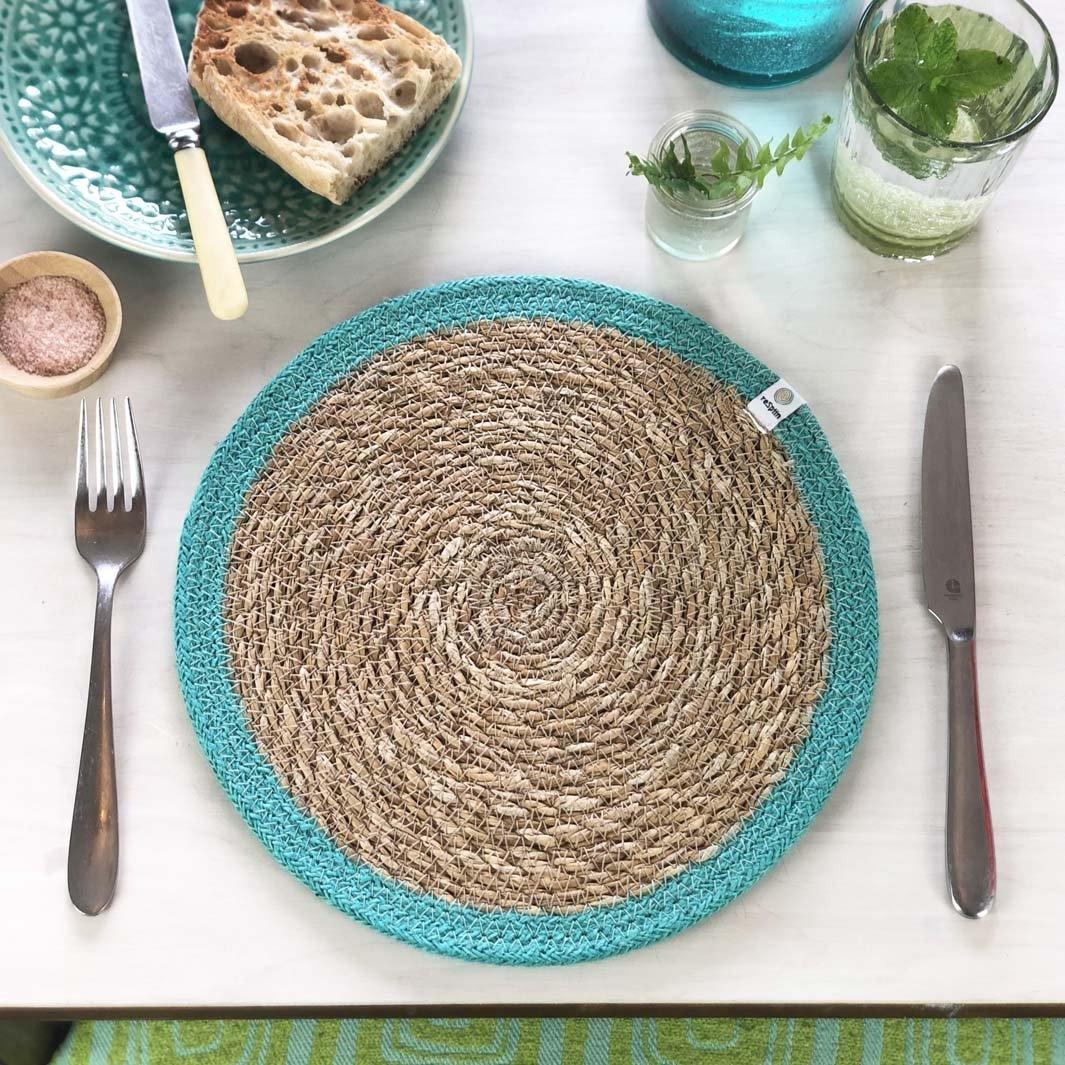First-time visitors to Georgia often want a clear, stress-free introduction that balances culture, nature and everyday comfort. Many begin in Tbilisi, where the airport sits close to the city centre and the compact Old Town allows easy walking between the sulphur baths, Narikala cable car and riverside viewpoints. Sustainable travel here means choosing walkable routes, local cafés and small hotels that support the community. Short trips to Mtskheta add historical depth without long drives, while Kakheti introduces wine traditions through slower, guided visits that reduce unnecessary transport. Some travellers combine Tbilisi with Batumi, using efficient internal travel rather than multiple flights. At Friendly Turtle EcoBlog, we encourage first-time visitors to travel Georgia responsibly by pacing itineraries, staying in family-run guesthouses, joining small-group tours and respecting local ecosystems. These mindful choices help reduce environmental impact while still offering a rich, authentic experience of Georgia’s cities, landscapes and traditions.
Share your articles with us and get published! Reach out at hello@friendlyturtle.com.
A Perfect Table Top – Jute Table Mats

Taking steps to go eco-friendly can be fun, especially when it comes to making some changes to your household. Rather than using plastic tablet mats, you might want to consider getting those made of jute, a natural fibre that is downright environmentally friendly and sustainable. A jute table mat can be an aesthetically pleasing addition to your interior décor. When you browse the selection at a plastic-free shop in the UK, you are likely to find the product in many different sizes and varieties.
Why jute?
Jute fabric is a great material for frequently used sustainable homeware, such as table mats. It starts right during its cultivation, as a hectare of that can already absorb up to 15 tonnes of carbon monoxide, and release 11 tonnes of oxygen as it grows for around 100 days. So, it reduces environmental pollution. Jute cultivation also requires minimal pesticides, herbicide, and fertilisers.
Jute’s environmental benefits do not stop there.
When a jute table mat reaches the end of its service life, you can dispose of it as it is a biodegradable material, or you can put it in a compost pit. Alternatively, it can be recycled by manufacturers or repurposed.
Elegant and functional for your table
A reputable plastic-free shop in the UK carries jute table mats in different colours, so you should be able to find the perfect product that will suit your interior design or appeal to your taste. Sustainable homeware like the jute table mat is safe and hygienic to use. It’s made without any added chemicals that could be harmful to your health, and it effectively prevents unwanted residues, spills, or marks caused by food and drinks on your dining or coffee table.
High-quality jute table mats are made of organic materials and are surprisingly affordable. It’s the same for other jute products, like coasters, which can provide a consistent finish to your table décor. So, don’t hesitate to get a jute table mat or more to replace conventional plastic mats.
0 comments
Let customers speak for us
Blog posts
A calm, multifunctional garden can be more than a pretty backdrop it can become a practical extension of your home that supports slow mornings, outdoor meals, and genuine downtime. In this Friendly Turtle EcoBlog guide, we look at simple, sustainable ways to shape an outdoor space that feels organised, welcoming, and easy to use throughout the week. Start by creating clear “zones”: a quiet seating corner for reading, a dining spot for relaxed lunches, and a flexible open area for play or potting. Light-touch structures, such as an airy pergola or a sheltered veranda, add definition without blocking daylight, making the garden usable in changeable weather. Keep the mood restful with layered planting: evergreens for year-round structure, seasonal flowers for colour, and lightly scented herbs near paths. Choose reclaimed or recycled materials where possible, add soft warm lighting, and reduce water waste with mulch and a simple rainwater butt. The result is a garden that feels calm, functional, and kinder to the planet.
Finding the right mental health support in Woodland Hills starts with checking credentials, treatment approach and access to care. Look for licensed clinicians with training in evidence-based therapies such as CBT or DBT, and ask whether programmes offer coordinated psychiatry, talking therapy and crisis support when needed. The best providers also explain your options clearly, from outpatient sessions to more structured day programmes, and may include complementary practices that support recovery, such as mindfulness, movement and nutrition guidance. At Friendly Turtle EcoBlog, we often explore how everyday choices shape wellbeing; this guide applies the same practical lens to mental health care, helping you compare services, understand what ‘holistic’ really means, and choose a setting that feels safe, respectful and tailored to your needs. It also highlights practical questions to ask about availability, confidentiality, fees and insurance, so you can make a confident, informed decision.



